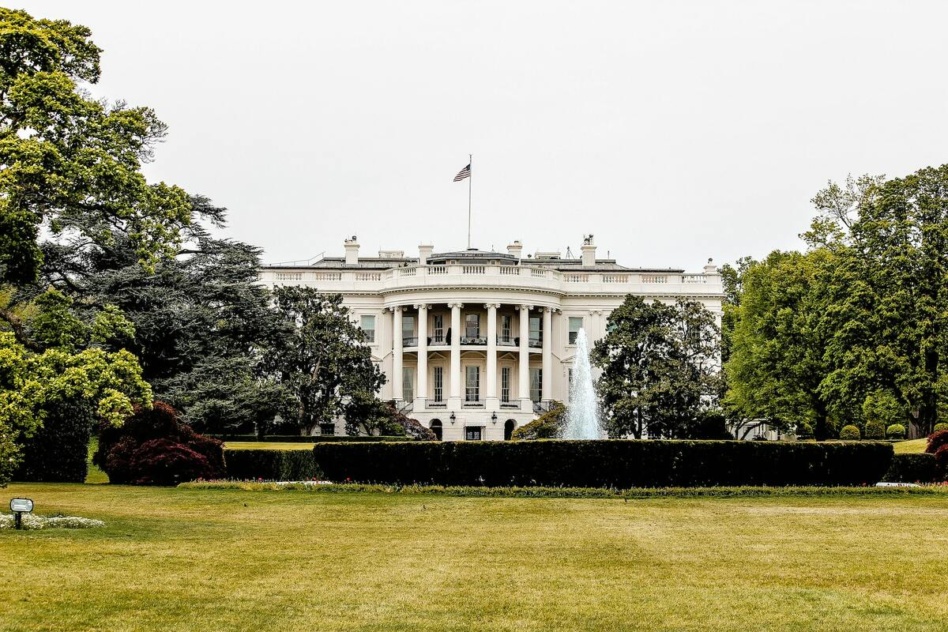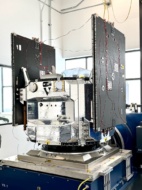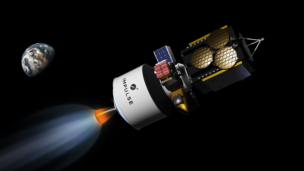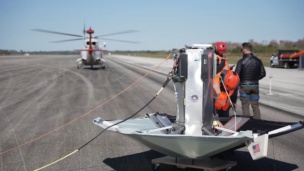The Biden administration’s National Security Strategy highlights America’s exploration goals and economic opportunities in orbit, but some critics say it misses the mark on national security and largely ignores threats in orbit.
The 48-page, unclassified document released last week has one paragraph dedicated to America’s space ambitions, including a pledge to lead the way in setting norms of behavior in orbit and establish a system for space traffic management. The top two American space norm projects that come to mind are:
- The Artemis Accords
- A ban on kinetic, destructive antisatellite (ASAT) tests
“Space exploration and use benefits humanity, from creating economic opportunities to developing new technologies and enabling climate surveillance,” the strategy says. “Working with allies and partners, we will develop policies and regulations that enable the burgeoning US commercial space sector to compete internationally.”
Not so fast: Republicans slammed the document for taking “a significantly weaker approach” in orbit than previous policies from the Trump and Obama administrations, which more explicitly talked about threats America faces in space, including ASAT weapons and the need for technology to deter attacks in orbit (peace through strength from above).
“The document mentions ‘space’ in a security context only 15 times, and mostly in one paragraph that emphasizes exploration and constraint, while ‘climate’ is discussed 63 times,” Rep. Doug Lamborn, the top Republican on the House subcommittee that oversees the Pentagon’s space mission, told Payload. “Rather than providing a call to action on vital national security concerns such as defense space, this NSS is yet another messaging platform from which the Biden Administration is endeavoring to broadcast their doomed domestic policy agenda.”
Cooperation in orbit?
The strategy also opens the door for working with Beijing on areas of mutual interest, including climate change mitigation. Though it doesn’t specifically address partnering in space, officials have highlighted missions where the two nations could collab.
Scott Pace, the leader of Trump’s National Space Council, said sharing space tracking data and exchanging scientific samples are two other areas for potential collaboration. NASA Administrator Bill Nelson said last month that his agency has recently worked with China to deconflict the orbits of spacecraft around Mars, even though bilateral cooperation is severely restricted by the Wolf Amendment. The Wolf Amendment is a 2011 law that requires NASA to get approval from Congress and the FBI to work with the Chinese government.
What’s changing? POTUS’s top science advisor at the Office of Science and Technology Policy will get a seat on the National Security Council, and the organization will be elevated to a cabinet-level agency. The strategy will also establish a special envoy for critical and emerging technologies at the State Department.




